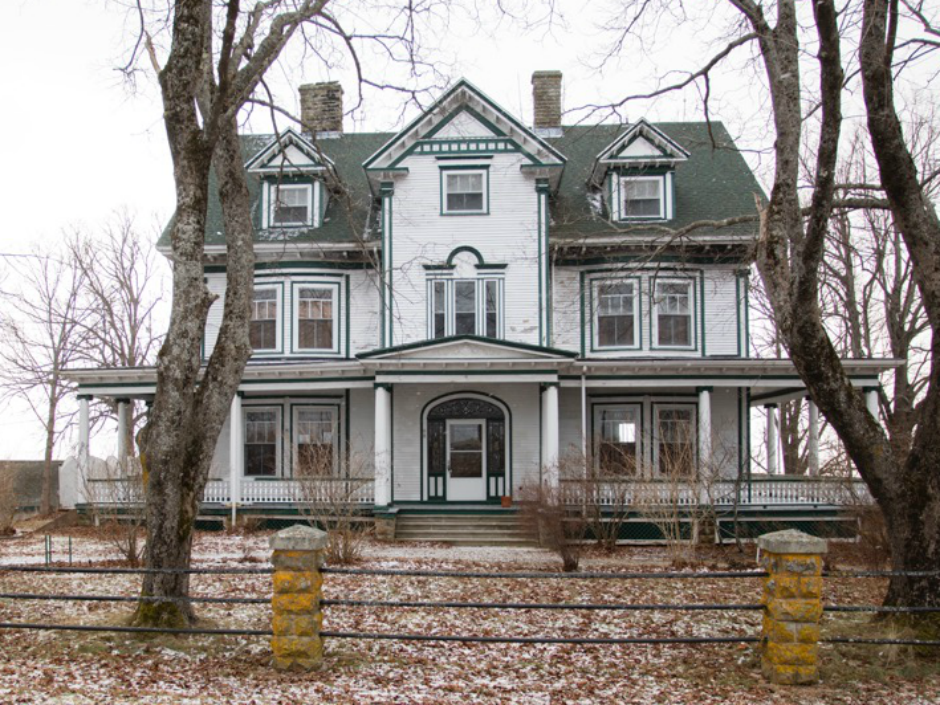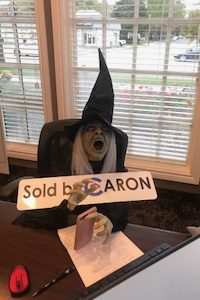
With Halloween haunting us right around the corner, I thought this would be the perfect time to discuss one of the more eerie issues in real estate disclosure laws.
Do you need to disclose a haunted home, murder, suicide, paranormal activity?
Unfortunately, bad things happen sometimes. And when they do, you may have no control over them. Murder, suicide and other misfortunes occur regularly throughout the country and the world. Plenty of these unfortunate events happen in everyday homes. While I feel this area is very safe, things can happen no matter where you live.
The traditional legal rules surrounding a home sale were known as caveat emptor, or “let the buyer beware.” It is a principle of contract law in many jurisdictions that places the onus on the buyer to perform due diligence before making a purchase. This meant that sellers were not required to disclose anything about the home they were selling. But some states have made changes to this rule, requiring the disclosure of specific information – such as information about murder, suicide, a haunting or what’s known as a haunted house, however, Michigan may not be one of them.
I grew up a small town, and where I lived many of my friends lived in historical homes. I never remember having issues with ghosts when I would visit but I have heard since then that one of my friend’s home had “friendly” ghosts. I can’t relate to that and I certainly cannot imagine living with a friendly ghost. Casper was friendly, but if they are so nice why would they need to make their presence known? That seems a little unfair.
I remember a story, a true story I am sure, that there was a home a relative of mine was selling, and when the lights were off at night you could see the blood splatters from years past still glowing on the walls. My mom said there was an issue with them selling their home and that they had to disclose of a known murder in the home, although they did not own it when the alleged murder took place. Later I found that in Michigan you don’t have to disclose this, however as a licensed real estate broker if I have knowledge of a material defect, I must disclose this to a buyer. If I am asked if there has been a death in the home, I will answer honestly. Is a death a material defect? To some it is. And it is not up to me to decide what is important to a buyer.
Realistically, few of us will probably ever deal with the issue of buying or selling a haunted home, but that doesn’t mean that the reputation of a home is never an issue in a sale.
The law recognizes “stigmatized properties”—homes where murders, suicides, or criminal activities have occurred in the past.
In some states, such as Alaska & South Dakota, a seller must disclose if a homicide or suicide has occurred in a home in the 12 months prior to sale. California requires disclosing if any deaths occurred in a home within three years of the sale.
Other states, such as Michigan, have specific statutes on the books that don’t require the seller to disclose anything about whether the property is stigmatized. The best option? Check with me, Caron Koteles Riha, or a Realtor® in your state if you’re unsure about what you need to tell prospective buyers about a home’s history.
Me on a day of showing haunted houses 🙂 




Comments are closed.